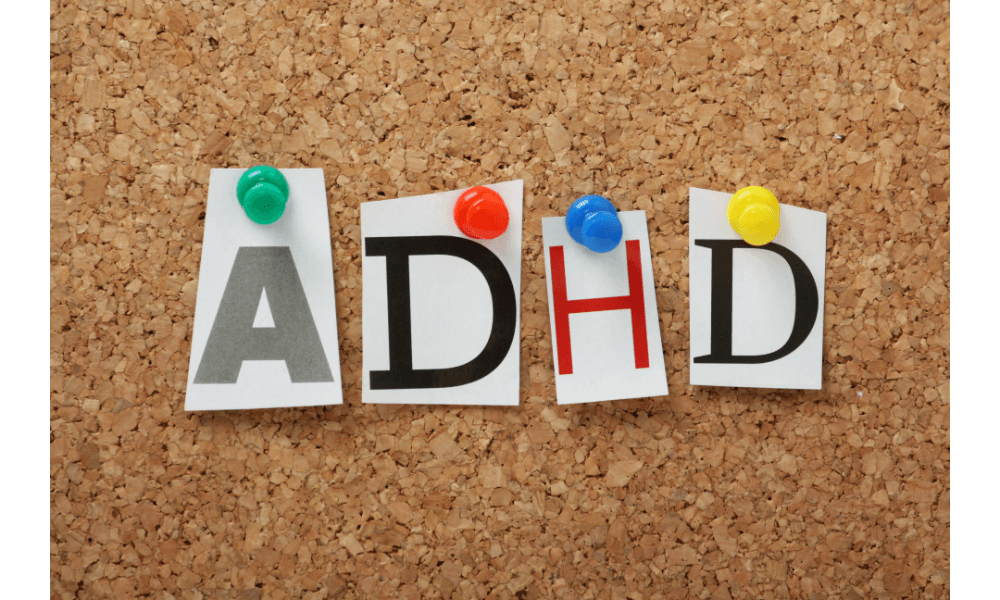Attention-deficit/hyperactivity disorder (ADHD) is a neurodevelopmental condition characterized by difficulties with attention, hyperactivity, and impulsivity. While commonly associated with challenges in academic settings, ADHD can significantly impact various aspects of daily life for individuals of all ages. In this article, we explore the ways in which ADHD influences everyday activities and discuss strategies to help individuals navigate these challenges effectively.
Education and Work:
One of the most notable areas affected by ADHD is education and employment. In academic settings, individuals with ADHD may struggle with maintaining focus, organizing tasks, and managing time effectively. They may experience difficulties with reading comprehension, completing assignments, and following instructions. Similarly, in the workplace, challenges related to attention, impulsivity, and time management can impact productivity and performance.
Strategies:
Utilize organizational tools such as planners, calendars, and digital apps to manage tasks and deadlines.
Break tasks into smaller, manageable steps to avoid feeling overwhelmed.
Implement structured routines and schedules to promote consistency and predictability.
Use visual aids, such as color-coded systems or visual timers, to enhance focus and attention.
Seek accommodations and support services in educational and workplace settings, such as extended time on tests or flexible work arrangements.
Time Management and Organization:
Individuals with ADHD often struggle with time management and organization, leading to difficulties in meeting deadlines, maintaining tidiness, and prioritizing tasks. They may frequently lose track of time, underestimate the time required for activities, and become easily distracted by competing interests.
Strategies:
Set clear goals and prioritize tasks based on importance and urgency.
Break larger tasks into smaller, more manageable chunks and allocate specific time slots for each.
Use timers or alarms to structure time and remind of upcoming deadlines.
Minimize distractions by creating a designated workspace free from noise and clutter.
Develop strategies to combat procrastination, such as the Pomodoro Technique (working in short bursts with frequent breaks).
Social Relationships:
ADHD can also impact social relationships, as individuals may struggle with social skills, impulsivity, and emotional regulation. They may have difficulty listening attentively, waiting their turn in conversations, or understanding social cues, leading to misunderstandings and conflicts with peers and family members.
Strategies:
Practice active listening skills, such as maintaining eye contact and summarizing others’ points.
Learn and use appropriate social cues, such as body language and tone of voice, to convey understanding and empathy.
Develop coping strategies for managing impulsivity and emotional reactions, such as taking deep breaths or counting to ten before responding.
Seek out supportive social networks and communities where individuals with ADHD can connect with others who share similar experiences and challenges.
Consider therapy or counseling to address underlying emotional issues and learn effective communication and coping skills.
ADHD can present significant challenges in various aspects of daily life, from education and work to time management and social relationships. However, with awareness, understanding, and the implementation of effective strategies and support systems, individuals with ADHD can learn to navigate these challenges successfully and lead fulfilling and productive lives. By promoting acceptance, empathy, and inclusivity, we can create environments where individuals with ADHD feel empowered to thrive and reach their full potential.
T2S1 Team.

